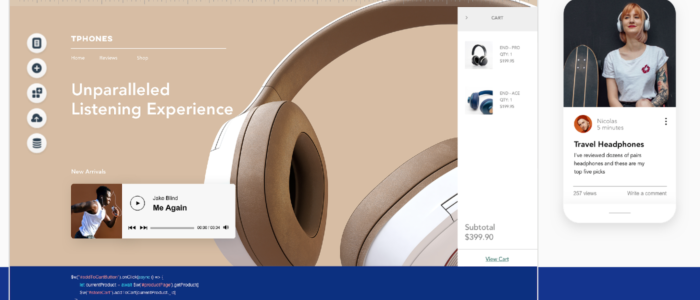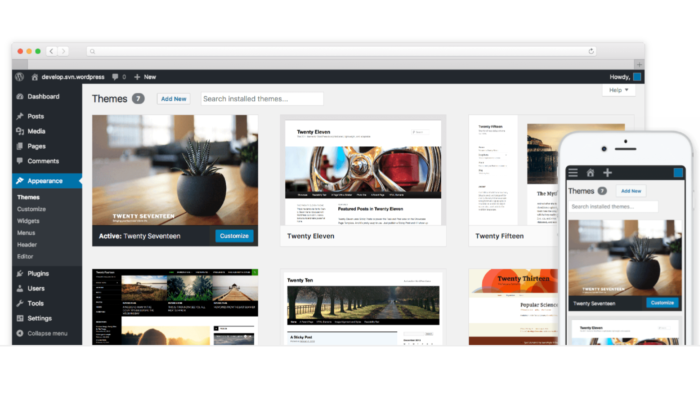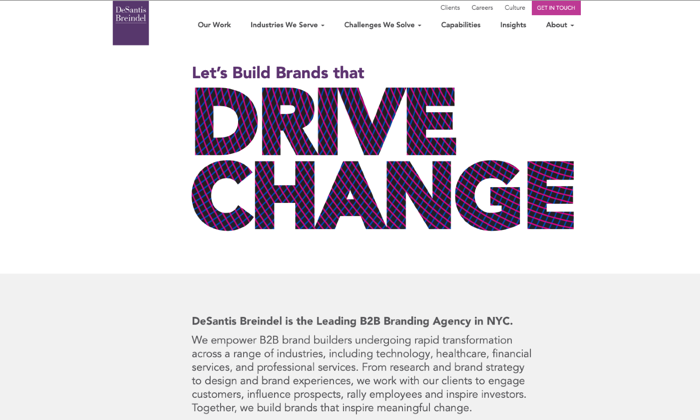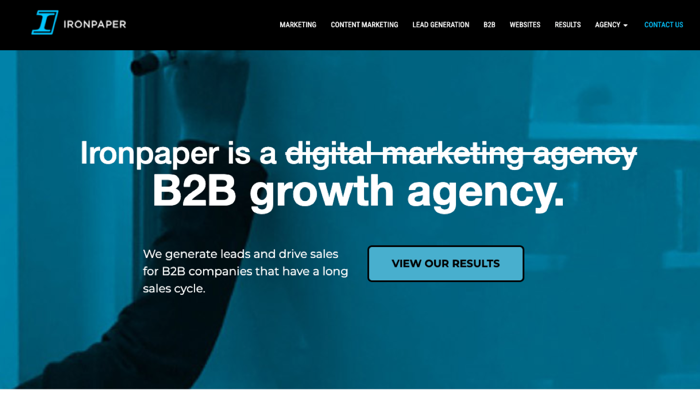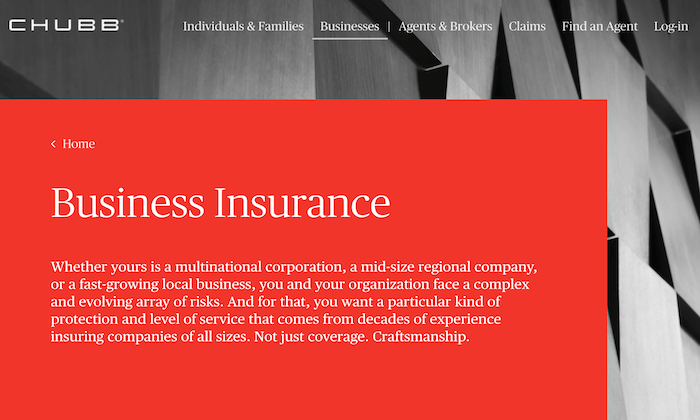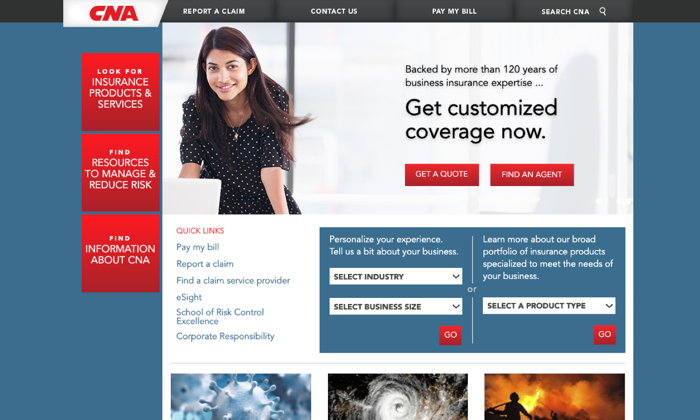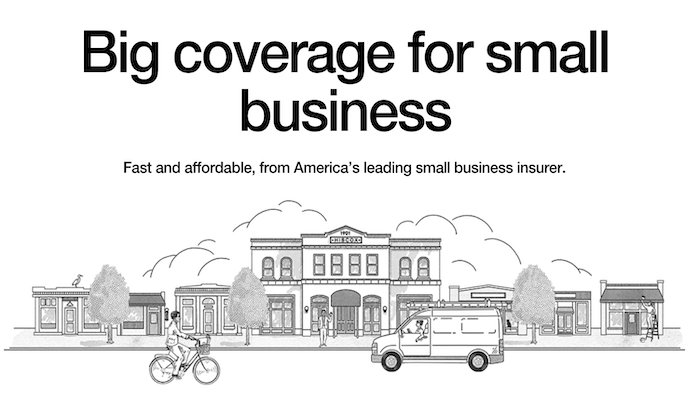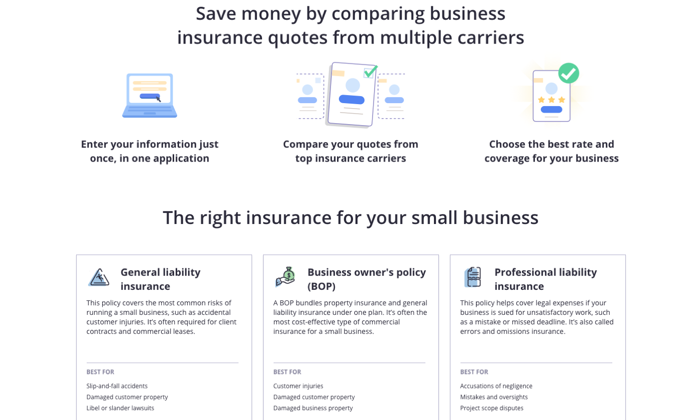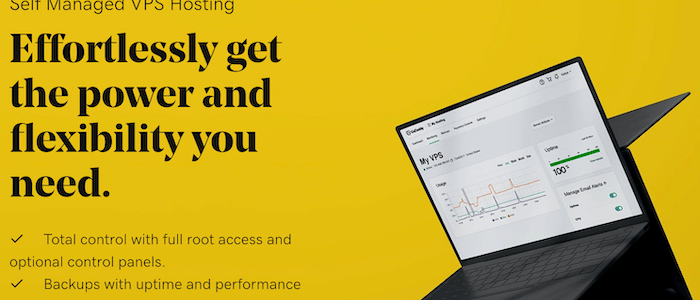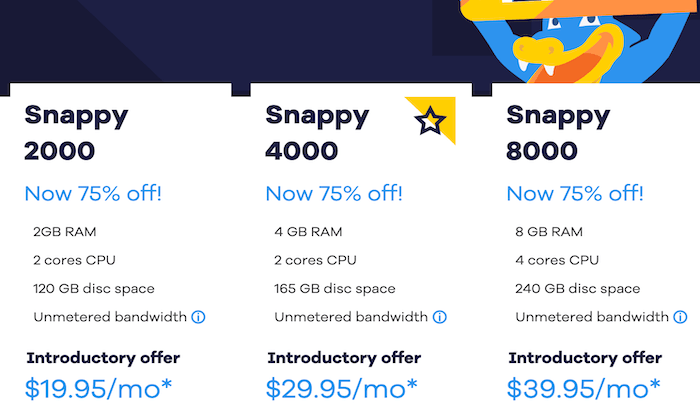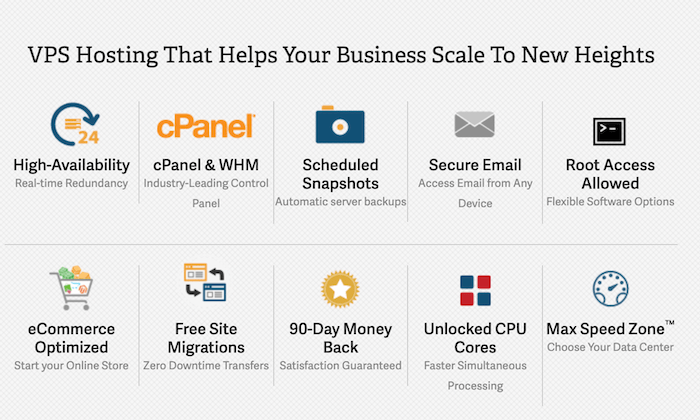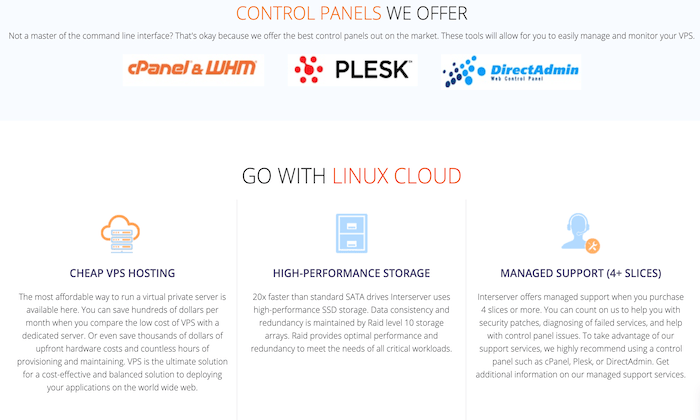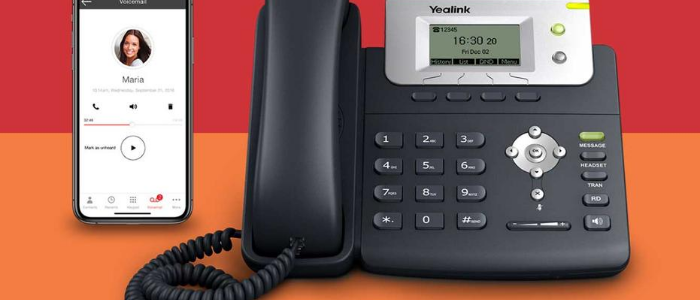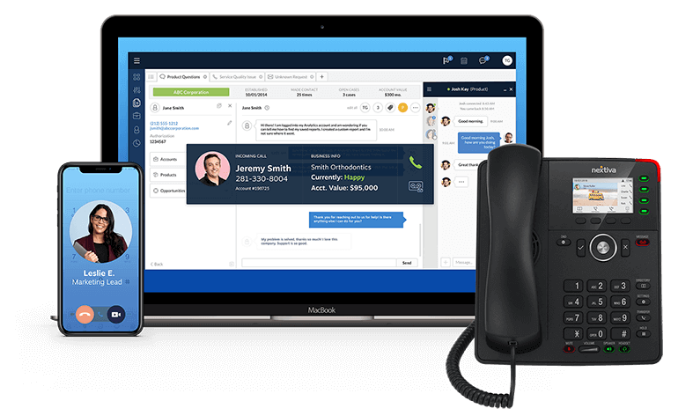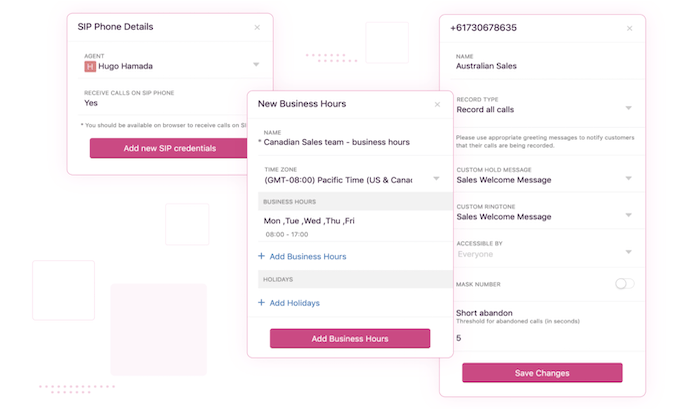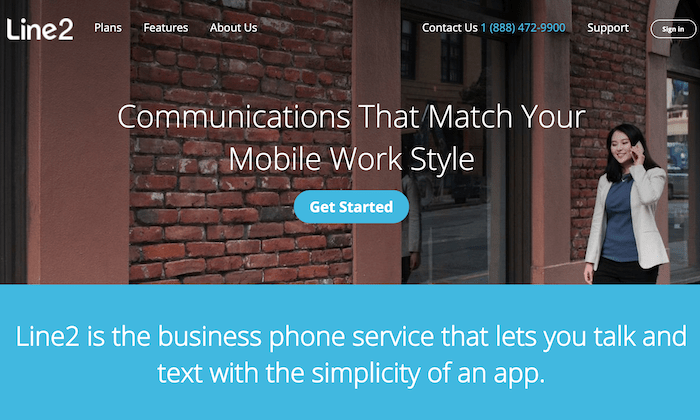
Stunning! It’s the Best Business Credit Cards for Bad Credit
The Best Business Credit Cards for Bad Credit in a Recession Can Be Yours
Want the best business credit cards for bad credit in a recession? Then look no further, for we have got you covered!
Per the SBA, corporate credit card limits are 10 – 100 times those of personal cards! Hence you can get a lot more cash with business credit.
It also means you can have personal charge cards at stores. You can also, now, have a second card at the same stores for your business.
And you will not have to put up collateral, cash flow, or financial information to get small business credit.
Get the Best Business Credit Cards for Bad Credit in a Recession
Brex Card for Startups
Check out the Brex Card for Startups. It has no annual fee.
You will not need to supply your Social Security number to apply. And you will not need to supply a personal guarantee. They will take your EIN.
However, they do not accept every industry.
Also, there are some industries they will not work with, and others where they want more documentation. For a list, go here: https://brex.com/legal/prohibited_activities/.
To determine creditworthiness, Brex checks a business’s cash balance, spending patterns, and investors.
You can get 7x points on rideshare. Get 4x on Brex Travel. Also, get triple points on restaurants. And get double points on recurring software payments. Get 1x points on everything else.
So you can have poor credit (even a 300 FICO) to qualify.
Find it here: https://brex.com/lp/startups-higher-limits/
Check out how our reliable process will help your business get the best business credit cards, even during a recession.
The Best Business Credit Cards for Bad Credit in a Recession and Pay No Annual Fee
No Yearly Fee/Flat Rate Cash Back
Ink Business Unlimited℠ Credit Card
Have a look at the Ink Business Unlimited℠ Credit Card. Beyond no annual fee, get an introductory 0% APR for the initial 12 months. Afterwards, the APR is a variable 14.74 – 20.74%.
You can earn unlimited 1.5% Cash Back rewards on every purchase made for your company. And get $500 bonus cash back after spending $3,000 in the initial 3 months from account opening. You can redeem your rewards for cash back, gift cards, travel and more using Chase Ultimate Rewards®. You will need excellent credit scores to receive this card.
Find it here: https://creditcards.chase.com/business-credit-cards/ink/unlimited
The Best Business Credit Cards for Bad Credit in a Recession and Get a 0% Introductory APR – Pay Absolutely Nothing!
Blue Business® Plus Credit Card from American Express
Have a look at the Blue Business® Plus Credit Card from American Express. It has no yearly fee. There is a 0% introductory APR for the first 12 months. After that, the APR is a variable 14.74 – 20.74%.
Get double Membership Rewards® points on everyday company purchases like office supplies or client suppers for the first $50,000 spent each year. Get 1 point per dollar afterwards.
You will need great to excellent credit scores to qualify.
Find it here: https://creditcard.americanexpress.com/d/bluebusinessplus-credit-card/
American Express® Blue Business Cash Card
Also take a look at the American Express® Blue Business Cash Card. Note: the American Express® Blue Business Cash Card is identical to the Blue Business® Plus Credit Card from American Express. But its rewards are in cash as opposed to points.
Get 2% cash back on all qualified purchases on up to $50,000 per calendar year. Then get 1%.
It has no yearly fee. There is a 0% introductory APR for the first twelve months. After that, the  APR is a variable 14.74 – 20.74%.
APR is a variable 14.74 – 20.74%.
So you will need great to superb credit scores to qualify.
Find it here: https://creditcard.americanexpress.com/d/business-bluecash-credit-card/
The Best Business Credit Cards for Bad Credit in a Recession and Get Secure Company Credit Cards for Fair Credit
Capital One® Spark® Classic for Business
Check out the Capital One® Spark® Classic for Business. It has no yearly fee. There is no introductory APR offer. The regular APR is a variable 24.49%. You can earn unlimited 1% cash back on every purchase for your company, with no minimum to redeem.
While this card is within reach if you have fair credit, beware of the APR. Yet if you can pay on schedule, and completely, then it’s a bargain.
Find it here: https://www.capitalone.com/small-business/credit-cards/spark-classic/
The Best Business Credit Cards for Bad Credit in a Recession and Get Flexible Financing
The Plum Card® from American Express
Take a look at the Plum Card® from American Express. It has an introductory yearly fee of $0 for the first year. After that, pay $250 each year.
Get a 1.5% early pay discount cash back bonus when you pay within 10 days. You can take up to 60 days to pay without interest when you pay the minimum due by the payment due date.
You will need good to outstanding credit to qualify.
Find it here: https://creditcard.americanexpress.com/d/the-plum-card-business-charge-card/
The Best Business Credit Cards for Bad Credit in a Recession and Earn Unbeatable Cards for Jackpot Rewards That Never Expire
Capital One® Spark® Cash Select for Business
Check out the Capital One® Spark® Cash Select for Business. It has no annual fee. You can get 1.5% cash back on every purchase. There is no limit on the cash back you can get. Also get a one-time $200 cash bonus when you spend $3,000 on purchases in the first three months. Rewards never expire.
Pay a 0% introductory APR for 9 months. Then pay 14.49% – 22.49% variable APR afterwards.
So you will need great to outstanding credit to qualify.
Find it here: https://www.capitalone.com/small-business/credit-cards/spark-cash-select/
Check out how our reliable process will help your business get the best business credit cards, even during a recession.
The Best Business Credit Cards for Bad Credit in a Recession and Get Cash Back
Flat-Rate Rewards
Capital One ® Spark® Cash for Business
Take a look at the Capital One® Spark® Cash for Business. It has an introductory $0 yearly fee for the first year. Afterwards, this card costs $95 annually. There is no introductory APR deal. The regular APR is a variable 18.49%.
You can get a $500 one-time cash bonus after spending $4,000 in the first three months from account opening. Get unlimited 2% cash back. Redeem at any time with no minimums.
So you will need good to superb credit scores to qualify.
Find it here: https://www.capitalone.com/small-business/credit-cards/spark-cash/
Flat-Rate Rewards and No Yearly Cost
Discover it® Business Card
Have a look at the Discover it® Business Card. It has no annual fee. There is an introductory APR of 0% on purchases for 12 months. Then the regular APR is a variable 14.49 – 22.49%.
Get unlimited 1.5% cash back on all purchases, with no category restrictions or bonuses. They double the 1.5% Cashback Match™ at the end of the first year. There is no minimal spend requirement.
You can download transactions| easily to Quicken, QuickBooks, and Excel. Note: you will need great to superb credit scores to get approval for this card.
https://www.discover.com/credit-cards/business/
Bonus Categories
Ink Business Cash℠ Credit Card
Have a look at the Ink Business Cash℠ Credit Card. It has no yearly fee. There is a 0% introductory APR for the first twelve months. Afterwards, the APR is a variable 14.74 – 20.74%. You can get a $500 one-time cash bonus after spending $3,000 in the initial three months from account opening.
You can get 5% cash back on the first $25,000 spent in combined purchases at office supply stores and on internet, cable, and phone services each account anniversary year.
Get 2% cash back on the first $25,000 spent in combined purchases at filling stations and restaurants each account anniversary year. Get 1% cash back on all other purchases. There is no limitation to the amount you can get.
So you will need outstanding credit scores to get approval for this card.
Find it here: https://creditcards.chase.com/business-credit-cards/ink/cash?iCELL=61GF
Boosted Cash Back Categories
Bank of America® Business Advantage Cash Rewards MasterCard® credit card
Take a look at the Bank of America® Business Advantage Cash Rewards MasterCard® credit card. Get an 0% introductory APR for the initial 9 billing cycles of the account. Afterwards, the APR is 13.74% – 23.74% variable. There is no yearly fee. You can get a $300 statement credit offer.
Get 3% cash back in the category of your choice. So these are gas stations (default), office supply stores, travel, TV/telecom & wireless, computer services or business consulting services. Get 2% cash back on dining. So this is for the first $50,000 in combined choice category/dining purchases each calendar year. Then get 1% after, with no limits.
You will need exceptional credit to qualify.
Find it here: https://promo.bankofamerica.com/smallbusinesscards2/
Check out how our reliable process will help your business get the best business credit cards, even during a recession.
Your Choice: The Best Business Credit Cards for Bad Credit in a Recession
Your absolute best way to get the business credit cards for bad credit in a recession will hinge on your credit history and scores.
Only you can select which features you want and need. So make sure to do your homework. What is excellent for you could be catastrophic for others.
And, as always, make sure to develop credit in the recommended order for the best, speediest benefits. So you can get the best business credit cards for bad credit in a recession – and beyond. The economy is not going to be in trouble forever.
The post Stunning! It’s the Best Business Credit Cards for Bad Credit appeared first on Credit Suite.

